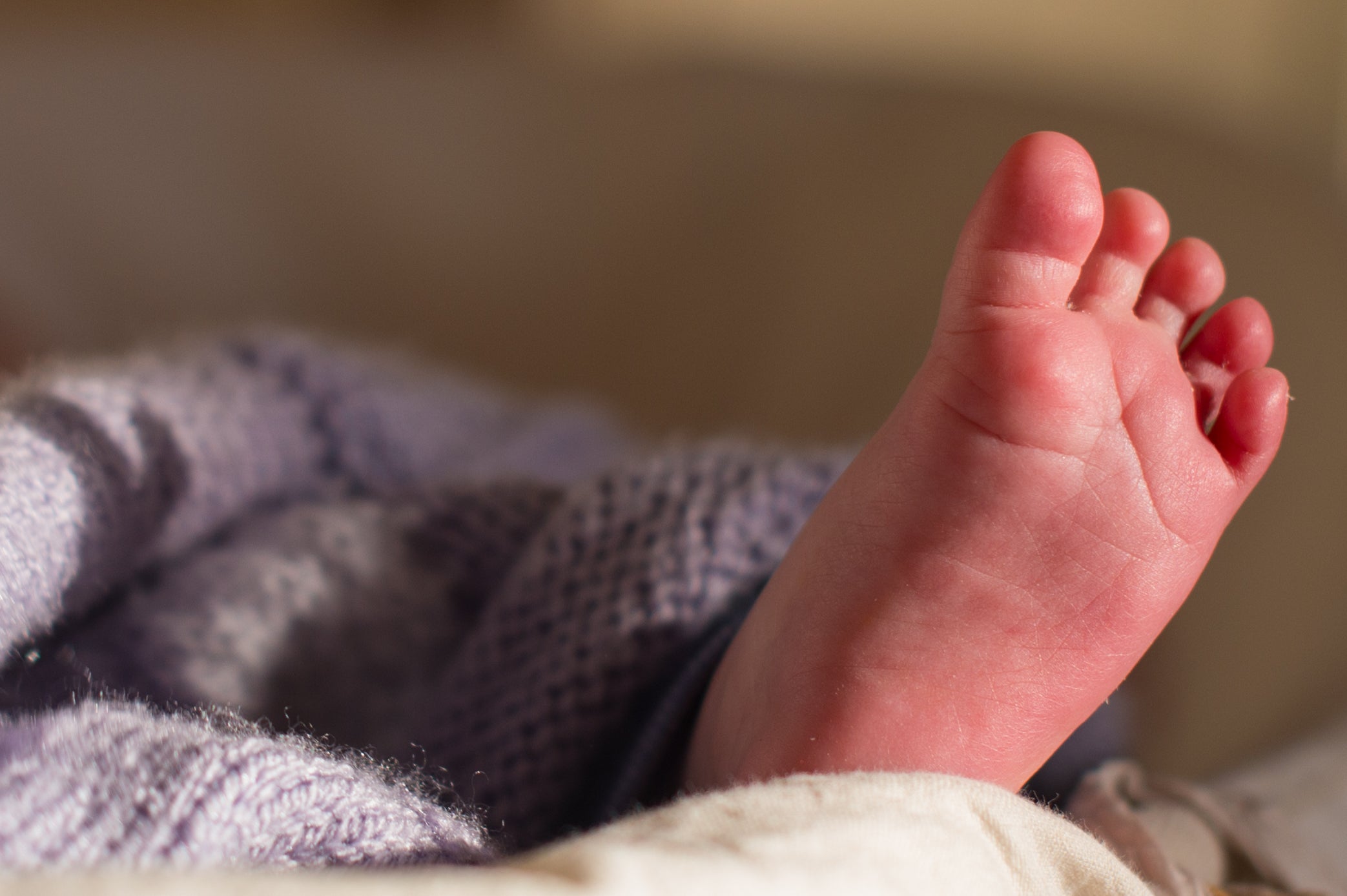
A nationwide NHS programme aiming to prevent brain injuries during childbirth is set to launch in September.
The Avoiding Brain Injuries in Childbirth (ABC) programme will equip maternity staff with enhanced training to detect and respond to signs of fetal distress during labour, the Department of Health and Social Care (DHSC) announced.
The initiative will focus on improving responses to obstetric emergencies, including situations like a baby's head becoming trapped in the mother's pelvis during a Caesarean section.
Following a successful development and pilot phase, the government-backed programme aims to significantly reduce preventable birth-related brain injuries, thus lowering the incidence of lifelong conditions such as cerebral palsy, the DHSC stated.
Health Secretary Wes Streeting said: “All expectant mothers giving birth in an NHS hospital should have peace of mind that they are in safe hands.
“This vital programme will give staff across the country the right tools and training to deliver better care to women and their babies, reducing the devastating impact of avoidable brain injuries.
“Under our Plan for Change, we are supporting trusts to make rapid improvements and training thousands more midwives – but I know more needs to be done. We will put women’s voices right at the heart of our reforms as we work to improve care.”
The national rollout follows a pilot in nine maternity units that was launched in October and delivered by the Royal College of Obstetricians and Gynaecologists, Royal College of Midwives (RCM) and The Healthcare Improvement Studies Institute.

The pilot has shown the programme will fill a gap in current training by bringing multi-disciplinary teams together to work more collaboratively to improve outcomes, the DHSC said.
It added that the programme will give clinicians more confidence to take swift action in managing an emergency during labour.
It is expected to reduce inequalities in maternity outcomes across England – so that most maternity units achieve outcomes comparable to the highest-performing 20% of trusts.
Ranee Thakar, president of the Royal College of Obstetricians and Gynaecologists (RCOG), said: “The ABC programme supports multi-disciplinary maternity teams to deliver safer, more personalised care.
“Hundreds of maternity staff, including obstetricians, midwives and anaesthesiologists have been involved in developing and testing this quality improvement programme.
“We have heard what a difference it makes, supporting teams to work effectively together in time-sensitive and high-pressure situations. The RCOG is extremely proud to have been part of this fantastic collaboration.”
Gill Walton, Royal College of Midwives chief executive, said: “Every midwife, maternity support worker, obstetrician, anaesthetist and sonographer wants to provide good, safe care – and the best way to do that is by working and training together. The ABC programme has brought together all those involved in maternity care, offering practical solutions to some of the most acute clinical challenges.
“Crucially the ABC programme tools and training have been developed based on the voices of women, families and maternity staff. This has been the key to the success of the pilot programme.
“Equally the will and drive of midwives and the wider multi-disciplinary team to improve safety and outcomes for women and their families has been evident across the course of the training at the pilot sites.”
Professor Mary Dixon-Woods, director of The Healthcare Improvement Studies Institute, said: “The ABC programme design is based on the principle that evidence-based, co-designed patient-focused standardisation of clinical practice can reduce unwarranted variation and improve care and outcomes.
“Crucially, this needs to be supported by comprehensive improvement resources, including training, tools and assets to enable good clinical practice and teamwork and respectful and inclusion communication and decision-making with women and birth partners.
“The pilot has shown that it’s possible to train people effectively and efficiently. A national commitment to implement the programme at scale will be important in ensuring that the benefits are seen.”
Prioritise mental health of those affected by domestic abuse, charity urges
NHS programme to reduce brain injuries in childbirth to be rolled out nationally
Weight loss injections may have an anti-cancer effect ‘beyond weight loss’
Weight-loss jab Mounjaro helps people shed much more weight than rival – study
Children eat more per day after watching just five minutes of junk food adverts
Study finds cancer-causing chemical in several popular beauty products for women







